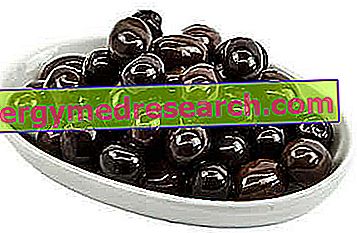Related articles: Pus formation
Definition
The pus is a dense fluid with a creamy appearance and a white-yellowish color, which is formed during a particular type of acute inflammation.
The pus is made up of white blood cells in decay, mixed with bacteria (living and dead), tissue degeneration products and other components of the inflammatory exudate. This material accumulates at the site of purulent inflammation and represents the response of the immune system to infections caused by pyogenic germs (such as streptococci, staphylococci and gonococci). These microorganisms can penetrate into the tissue by direct penetration (eg due to trauma), diffusion from a contiguous infection or dissemination by lymphatic or hematic route from a distant site.
The factors that predispose to the collection of pus include alterations of host defense mechanisms, trauma, the presence of foreign bodies, excessive accumulation of fluid in the tissue, ischemia and obstruction to normal drainage.
The collection of pus is called: empyema if it is collected in preformed cavities of the body (eg pleural or articular cavity), abscess if it accumulates in confined tissue spaces (newly formed cavities) and phlegmon if it has a tendency to spread in connective tissues. When the accumulation is very close to the surface of the skin it is called a pustule (eg pimples).
The collection of purulent material can be associated with symptoms that include local pain, heat, swelling and redness (if it is near the skin) or systemic manifestations, including fever and asthenia (when it is deeper).
Possible Causes * of Pus Formation
- Acne
- Gingival abscess
- Perianal abscess
- Lung Abscess
- Bartolini's cysts
- dacryocystitis
- Dermatophytosis
- Ductal ectasia
- Anal Fistula
- folliculitis
- whitlow
- Gonorrhea
- Impetigo
- Venereal lymphogranuloma
- omphalitis
- Osteitis
- Osteomyelitis
- paronychia
- whitlow
- Athlete's foot
- salpingitis
- sialadenitis
- synovitis
- tenosynovitis
- Tinea capitis
- Corneal ulcer
- Ingrown nail



